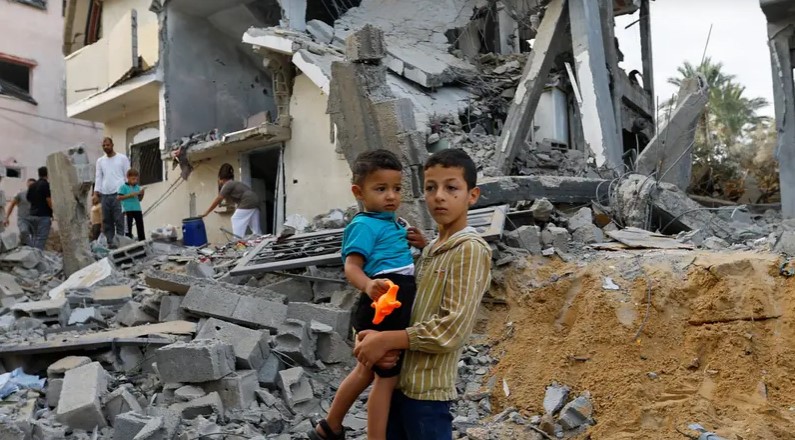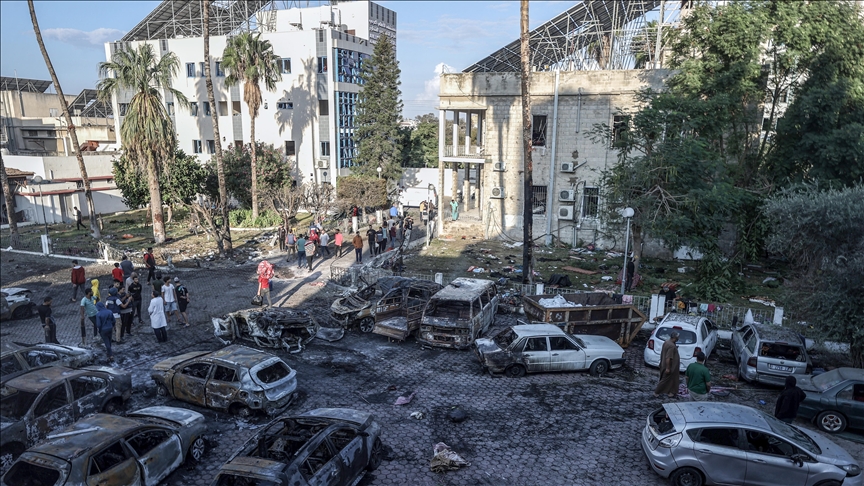Introduction
The Israel-Palestine War has long been a focal point of global attention, stirring emotions and debates across borders. This article aims to delve into the complexities of this enduring conflict, providing insights and understanding for the general public.
Historical Background
The Israel-Palestine War traces its roots back to the late 19th and early 20th centuries, with the rise of nationalist movements among Jews and Arabs in the region. The Balfour Declaration of 1917, promising a homeland for the Jewish people in Palestine, marked a pivotal moment in this history.
Root Causes
At its core, the conflict revolves around competing claims to the land, fueled by religious, cultural, and historical significance for both Israelis and Palestinians. Disputes over territory, sovereignty, and identity have perpetuated tensions for generations.
Major Conflicts and Wars
The region has witnessed several major Wars, including the Arab-Israeli wars of 1948, 1967, and 1973, as well as the two Palestinian uprisings, known as Intifadas, in the late 20th century. These conflicts have resulted in significant loss of life and displacement of populations.
International Involvement
The Israel-Palestine War has garnered widespread international attention and involvement, with various countries and organizations playing roles as mediators, peacekeepers, or supporters of one side or the other.
Peace Efforts and Agreements
Numerous peace efforts have been made over the years, resulting in agreements such as the Oslo Accords and the Camp David Summit. However, these agreements have been fragile and often short-lived, failing to bring about a lasting resolution.
Humanitarian Concerns
The conflict has had devastating humanitarian consequences, with civilians on both sides bearing the brunt of violence, displacement, and economic hardship. Issues such as access to basic services, freedom of movement, and human rights violations remain major concerns.
Current Situation and Recent Events
Recent years have seen periodic flare-ups of violence, including conflicts in Gaza and tensions over issues such as settlements and Jerusalem. Efforts to revive peace talks have been challenged, further prolonging the conflict.
Media Coverage and Bias
Media coverage of the Israel-Palestine conflict often reflects biases and narratives influenced by political affiliations and perspectives. Different portrayals of events can shape public opinion and perceptions, impacting efforts towards resolution.
Impact on Civilians
The protracted conflict has taken a heavy toll on civilians, including children who grow up amid violence and insecurity. Displacement, trauma, and economic hardships have become entrenched realities for many families in the region.
Prospects for Resolution
Despite the complexities and challenges, there remains hope for a peaceful resolution to the Israel-Palestine conflict. Dialogue, negotiation, and a commitment to mutual recognition and coexistence are essential for sustainable peace.
Conclusion
In conclusion, the Israel-Palestine conflict is a multifaceted and deeply entrenched issue with far-reaching implications for the region and beyond. Understanding its complexities is crucial for fostering empathy, dialogue, and peace.
FAQs
Why does the Israel-Palestine war persist?
The conflict persists due to deep-rooted historical, religious, and political grievances, compounded by competing claims to the land and limited trust between the parties.
What are the main issues of contention?
Key issues include borders, settlements, the status of Jerusalem, Palestinian statehood, security concerns, and the rights of refugees.
How does the international community contribute?
The international community plays various roles, including diplomatic mediation, providing aid to Palestinian territories, and supporting Israel’s security and legitimacy.
Is there hope for a peaceful resolution?
While the road to peace is challenging, efforts towards dialogue, negotiation, and confidence-building measures offer hope for a sustainable resolution in the long term.
How does the Israel-Palestine conflict affect neighboring countries?
The conflict has broader regional implications, influencing geopolitics, security dynamics, and refugee flows, impacting stability in the Middle East.










